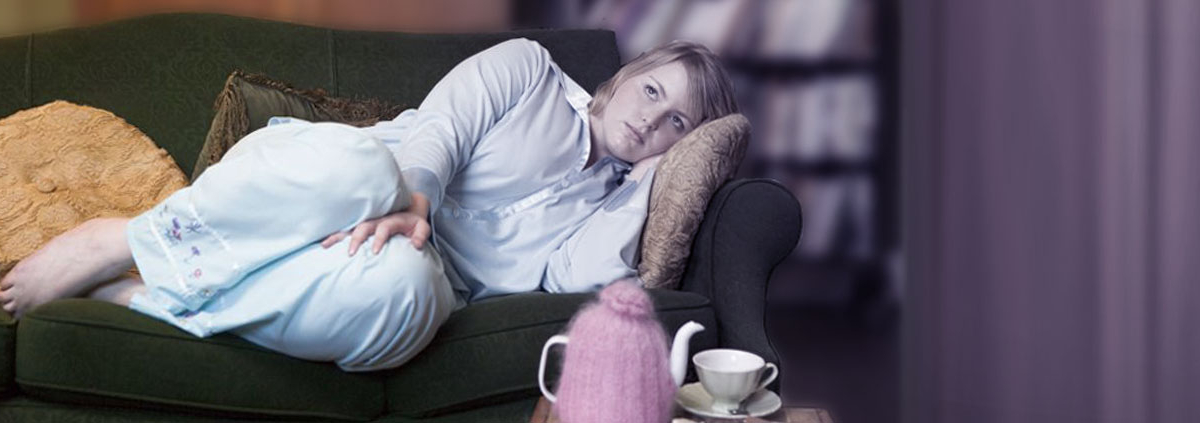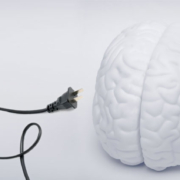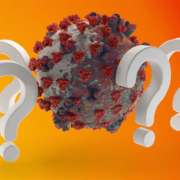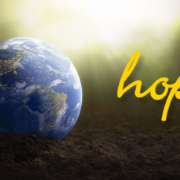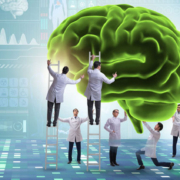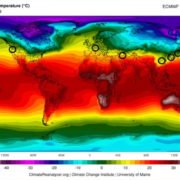Mental Health Update: Fall 2020
As I write this, I just got back from working out. I went to my gym for the first time since it opened last Wednesday after closing in March. Everyone wore masks. Everyone cleaned up their equipment, but that’s the standard anyway so that wasn’t surprising. Nobody fainted from lack of oxygen. Everybody just worked out, cleaned up after themselves, and went on their way. No big deal.
But it’s a big deal to many people who have been anxious over the closures in their states, including their gym. That can lead to depressive symptoms. If you follow social media, that can hurt considerably: comments suggesting the virus is one big scam or people are too concerned. In fact neither is true; spending less time on social media might be the single best thing you could do for your mental health. I go back to what I wrote several months ago: don’t let yourself be immobilized by fear of this virus, but show it the proper respect.
On top of that, the political climate is a mess. There are no longer any discussions, just arguments that can be vicious. The anger is palpable. When you lose contact with family and friends you care about because of political differences, that also leads to anxiety and depression. Throw in unemployment, concern about finances, keeping a roof over your head, and more, and it seems our mental health is taking a beating.
But is it? I’ll take a look at the research this week.
Reminder for all Insiders: our monthly Conference Call is tomorrow night at 9 p.m. ET. One topic I’ll be discussing is a remarkable study done on COVID-19 and genetics by a supercomputer. You don’t want to miss it. If you’re not yet an Insider, you have until 8 p.m. to join and still participate live.
What are you prepared to do today?

